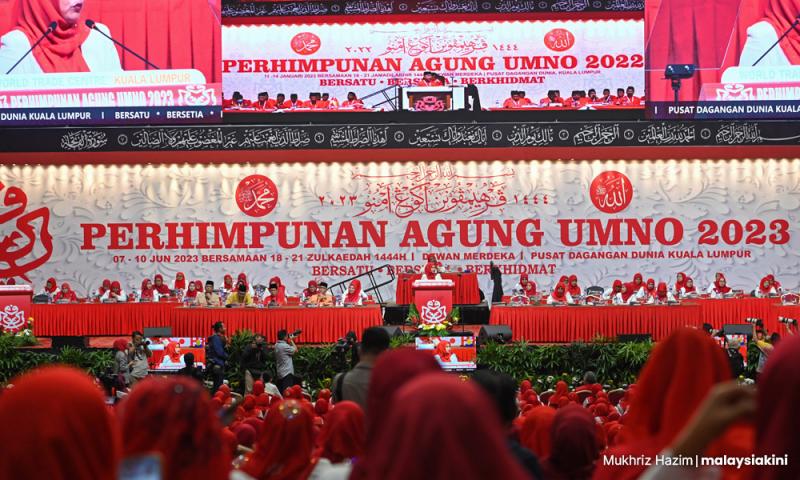LETTER | Why a mid-term federal govt change is possible
LETTER | Now that the elections in six states are done and dusted, is it still possible to see a change in the federal government? The popular narrative is that it is unlikely as the state elections have nothing to do with the federal government.
Besides, the status quo in terms of control in state governments remained, with Pakatan Harapan-BN and Perikatan Nasional each holding on to their three states.
If that is the case, why did DAP’s Deputy International Trade and Industry Minister Liew Chin Tong keep insisting that we will not see a mid-term change in the federal government, barely hours after the conclusion of the elections in six states last Saturday?
It was one of the first things he posted on his social media on Sunday.
If he’s confident that this is not happening, why is he going out of his way to emphasise this point? Do we see anyone standing on a soapbox shouting in a crowded street that “the sun will rise from the east tomorrow”? Only insane people do that as everyone knows the sun always rises from the east.
One can only infer that deep down, Liew has doubts about whether the coalition government is sustainable and his statement is meant not just to convince himself otherwise but to shore up support for the Madani administration ahead of a possible implosion in Umno.
As a seasoned political strategist, Liew is aware that the writing is on the wall for Umno following the conclusion of the elections. Umno won only 19 of the 108 seats it contested. Its winning rate of 17.6 percent is only higher than Gerakan’s 2.7 percent, which fared the worst among the major parties contesting.
And based on the feedback, the Umno grassroots are seething with anger over the party’s dismal performance. Calls for Zahid’s resignation have gotten louder as party leaders know that based on Umno’s current trajectory, it’s only a matter of time before the party is wiped out.
Umno supreme council member Isham Jalil hit the nail on the head when he said that Umno’s quest to canvass for 500 DAP votes had cost it to lose 5,000 grassroots and hardcore supporters’ votes. He is also of the view that Umno risks being wiped out come GE16.
Since GE15, Umno has found itself in not just unchartered waters, but one swimming with sharks as it joined forces with former archnemesis, Anwar Ibrahim and the DAP.
This has become deeply unsettling for the grassroots, whose reluctance to vote for Harapan on Saturday has only driven home the point.
With Saturday’s electoral outing being a slap on Umno’s face, a revolt in Malaysia’s grand old party is not a matter of if, but when and scale.
The party’s grassroots know that Umno’s strongest proponent of building alliance with the DAP is its party president Ahmad Zahid Hamidi.
And many know that the deputy prime minister, who’s facing 47 corruption charges, is doing this for his personal preservation, not the party’s interests.
If Zahid is no more, then BN, with its 30 MPs, will definitely withdraw support for Anwar and Harapan, precipitating the inevitable collapse of the Madani administration.
Put another way, Saturday’s election results can be the harbinger of a mid-term change in government.
Liew knows this. This is why he tried to pre-empt it by putting out his own narrative that the brittle federal alliance is rock solid after Saturday’s polls.
But little did he know that in his haste to control the political narrative and convince Harapan supporters, he has only let the cat out of the bag about the coalition’s deep-seated worry over the sustainability of a government built on one man’s desire to stay out of jail.
The views expressed here are those of the author/contributor and do not necessarily represent the views of Malaysiakini.
RM12.50 / month
- Unlimited access to award-winning journalism
- Comment and share your opinions on all our articles
- Gift interesting stories to your friends
- Tax deductable
